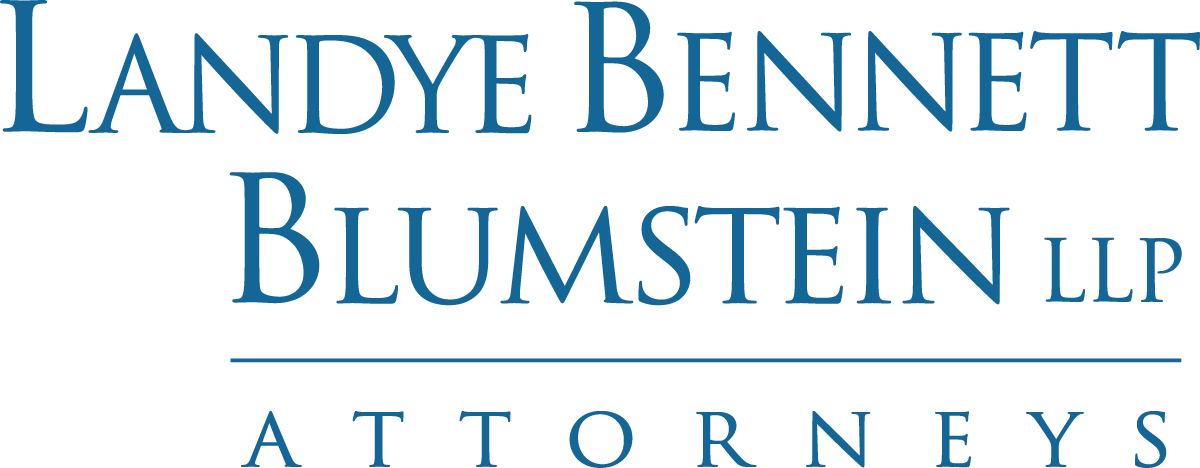The Alaska Supreme Court recently issued an opinion in Ahmasuk interpreting Alaska’s proxy solicitation regulations.[1] While the Alaska Supreme Court has on multiple occasions addressed misleading proxy statements and solicitations,[2] it has never interpreted the regulations defining what constitutes a proxy solicitation. At issue in Ahmasuk was a letter to the editor penned by Sitnasuak Native Corporation (“SNC”) shareholder Austin Ahmasuk. In the letter Ahmasuk criticized the practice of discretionary proxy voting, which allows a shareholder to give the proxyholder discretion to allocate the shareholder’s votes, instead of the shareholder directing the proxyholder to cast the shareholder’s votes in favor of a particular candidate or candidates. The letter reads as follows:
Dear Editor,
The Village Corporation for Nome i.e. Sitnasuak Native Corporation (SNC) will soon be holding its annual election and shareholders will file for candidacy. SNC’s shareholders have voiced time and time again that they do NOT want discretionary proxies used. Discretionary proxies are NOT required by any Alaskan law and there is NO law that prohibits an ANCSA corporation from prohibiting them for elections. Hundreds of SNC shareholders have said through public letters, social media, or through mailings that they do NOT want discretionary proxies used for elections. I believe SNC shareholders are realizing that discretionary proxies are harmful to our election process and are realizing in greater numbers such practices are disrespectful to our traditions. In 2015 and 2016 I and others spent many hours collecting signatures for a request for a special meeting to do away with discretionary proxies. We collected hundreds of signatures and we met a 10% requirement as required by Alaskan law to petition the SNC Board of Directors to consider doing away with discretionary proxies and to request a special meeting. You might ask yourself why all this commotion about discretionary proxies? Because I and others have thoroughly researched the issue and recognized there is a dramatic ethical argument about what is right and what is wrong with SNC’s elections. Discretionary proxies have allowed single persons to use discretionary proxies to dramatically alter the outcome of an election for their singular goal. You know who they are they are members of the SNC 6. Please do NOT vote a discretionary proxy in 2017. Thank you[.]
Discretionary proxy voting in director elections had long been debated by SNC shareholders. In 2015, SNC shareholders petitioned for a special shareholders meeting to debate eliminating discretionary proxy voting. The meeting was held in 2016 but a voting quorum was not reached. Following the meeting in 2016, SNC issued a newsletter discussing the special meeting and advocated for discretionary proxy voting. Ahmasuk’s letter was published in February of 2017, approximately five months before the next annual shareholders meeting, and at least two months before any director candidates were announced or election-related materials were distributed to shareholders. Notice of an annual shareholders meeting is prohibited from being delivered more than 60 days before the date of the meeting.[3]
The day Ahmasuk’s letter was published, a SNC director immediately filed a complaint with the Alaska Division of Banking and Securities (the “Division”) alleging that Ahmasuk’s letter was a proxy solicitation, that it was not filed with the Division as required by regulation, and that it contained materially false and misleading statements.[4] The Division determined the letter was a proxy solicitation and that Ahmasuk violated the proxy regulations by failing to file required disclosures and a copy of the letter with the Division. The relevant regulation defines “solicitation” as follows:
(A) a request to execute or not to execute, or to revoke a proxy; or
(B) the distributing of a proxy or other communication to shareholders under circumstances reasonably calculated to result in the procurement, withholding, or revocation of a proxy.[5]
On subsequent appeals, both an Administrative Law Judge and the Superior Court upheld the Division’s determination that Ahmasuk’s letter was a proxy solicitation. On appeal to the Alaska Supreme Court, Bristol Bay Native Corporation, Calista Corporation, Cook Inlet Region, Inc., and Doyon Limited filed an amicus brief supporting the Division’s position.
The Alaska Supreme Court unanimously ruled in Ahmasuk’s favor. The Court highlighted that “context is key,” and “[t]he important contextual backdrop in this case [was] the longstanding corporate governance debate about Sitnasuak’s allowing discretionary cumulative proxy voting for corporate director elections.” The Court focused on the context of the solicitation and questioned how shareholders are supposed to debate corporate governance issues without becoming burdened by the proxy regulation filing requirements. The Court recognized that Ahmasuk’s letter was published five months before the SNC annual meeting and two months before SNC had even distributed its own proxy materials. Additionally, Ahmasuk was not running as a director nor asking to be a proxyholder. No proxy cards had been circulated or were known to be soon available—there was nothing concrete for Ahmasuk to solicit. Ahmasuk did not ask a shareholder to execute a particular proxy; he only asked that shareholders not give proxyholders discretion. SNC engaged in similar communications espousing the benefits of discretionary proxies yet SNC did not consider those communications to be proxy solicitations. Therefore, the Supreme Court concluded Ahmasuk’s letter was not a proxy solicitation, so it did not have to be filed with the Division and was not subject to the Divisions regulations.
It is worth noting that ANCSA corporations use an array of unique and differing policies and practices for director elections which may affect the context surrounding whether a statement is considered a proxy solicitation. For example, some corporations may have a fixed date in their bylaws for their annual meeting, and therefore the announcement of the timing of the meeting is more a formality than it is informative. Some corporations begin soliciting interested directors long before the annual meeting. Some shareholder meetings are organized with as little as 20 days’ notice. That is not to say timing is everything. For example, a statement explicitly directing shareholders to not execute the corporation’s proxy card, even if such proxy card has not been distributed, may still be considered a proxy solicitation, given that the corporation virtually always distributes a proxy card for a director election and the reasonable assumption that incumbent directors with expiring terms will be candidates. There is much grey area between a proxy solicitation, on the one hand, and corporate governance debate, on the other. A key takeaway from Ahmasuk is that public critiques of a board of directors and spirited debate of corporate governance issues are not the same as asking a shareholder to execute a particular proxy.
The outcome and reasoning in Ahmasuk are consistent with a recent Anchorage Superior Court Case cited by Ahmasuk in his briefing on appeal—although it was not mentioned by the Alaska Supreme Court in its opinion. In that case, Calista Corporation v. Don et al.,[6] Calista Corporation requested a temporary restraining order and preliminary injunction, asserting that the three defendants made unlawful proxy solicitations. The first defendant made statements responding to a public censure he received from the Calista board of directors, but never referenced an election for the board of directors, any particular candidate, or for whom the shareholders should vote. The second defendant made statements criticizing the President of Calista who was not a board member. The third defendant made social media postings urging voting out a director and requesting other directors to resign but did not specifically ask for a proxy or proxy revocation. The Superior Court called the third defendant’s statements a “closer question,” yet determined that all three defendants did not make proxy solicitations. The Court reasoned that “[g]eneral criticism of the board’s actions cannot reasonably be construed as directing the shareholders to vote a particular way,” and concluded “[t]he answer to questionable criticism should be information, discussion and debate, not lawsuits.”[7]
[1] Ahmasuk v. Dep’t of Commerce, Cmty. & Econ. Dev., Div. of Banking & Sec., No. S-17414, 2021 (Alaska Jan. 8, 2021).
[2] See, e.g. Rude v. Cook Inlet Region, Inc., 294 P.3d 76 (Alaska 2012) (proxy solicitation contained material affirmative misrepresentations by falsely claiming that ANCSA corporation had disposed of vast estates, when, in reality, a large amount of less valuable land was exchanged for lesser amounts of more valuable land); Skaflestad v. Huna Totem Corp., 76 P.3d 391 (Alaska 2003) (material misstatements in proxy solicitations do not have to be made in bad faith to fall within the ambit of the proxy solicitation regulations); Brown v. Ward, 593 P.2d 247, 251 (Alaska 1979) (proxy solicitation was misleading where it asserted that ANCSA corporation had large amounts of money and land that it could distribute to shareholders).
[3] AS 10.06.410(a).
[4] The parties agreed to address the proxy solicitation issue and subsequent appeals first before addressing whether the letter contained any material misrepresentation.
[5] 3 AAC 08.365(16).
[6] Order Denying TRO and Preliminary Injunction (June 4, 2018) 3AN-18-06788 CI.
[7] Id. at 5-6.


